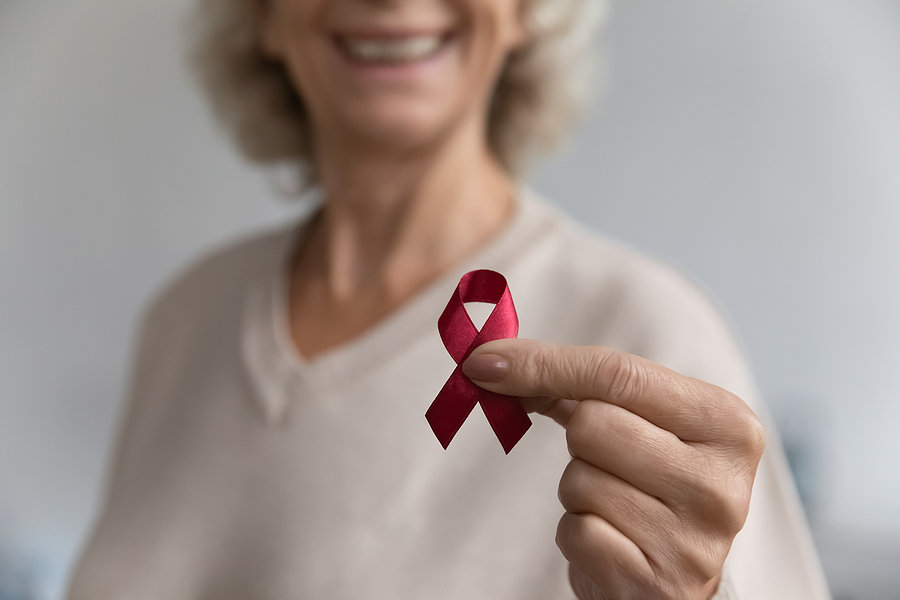We’re told for yonks to get mammograms and that early detection saves lives. Then at age 75 we’re often told it doesn’t matter anymore. Why? And is that wise?
What we need to understand is that it’s not straight-forward.
Mammograms are targeted at 50-74-year-olds. Not encouraging older women to get one acknowledges that screening has pluses and minuses.
On the plus side, it can detect aggressive cancers early enough to save lives, but the minus is that mammograms can also result in unnecessary surgery, radiation and drug treatment for cancers that would never have been life threatening.
A lot of women over 75 have other health problems that are far more likely to claim their life than breast cancer will. So, the argument goes, why put them through the stress of cancer treatment that might unnecessarily diminish their quality of life and not provide any real benefit?
A Boston doctor called Mara Schonberg has developed a decision-making tool to help women decide whether or not to get a mammogram at any age. It’s called e-prognosis.
I tried it to see how much its guidance differs according to age and health. When I used my actual age range (60-64) and said my health was good, it recommended I get screened.
When I changed my health status to fair or poor, and said I was unfit and had diabetes, I was told it wasn’t clear whether screening would help, and that my thoughts and feelings about it should determine whether I had a mammogram.
Next I said my health was good but I boosted my age to 75-79. The response was the same as having poor health in my early sixties, i.e. it wasn’t clear that screening would be beneficial.
Finally, I said I was aged 75-79, with diabetes, unfit and so on, and was told that screening wasn’t recommended.
Here’s a link to e-prognosis if you want to try it yourself. Just click on the ‘breast cancer’ option.
Dr Schonberg argues that when women have the benefit of this kind of information they’ll make better decisions and many will choose not to line up for a mammogram.
Quite possibly. But there are a few things we should be aware of.
For a start, the older we get the more variation there is between us. While one 75-year-old might be healthy, active and independent, another could be dealing with a range of medical problems and need help to manage her daily life.
A decision-making tool like Dr Schonberg’s can provide guidance, but it can’t consider all the issues an individual might need to weigh up.
Second, plenty of women get breast cancer after 75. According to Breast Cancer Network Australia figures, roughly 20,000 women are diagnosed with the disease annually. About 62% are in the target age range, 20% are younger and 18% are 75 or older.
Of course, it helps if the relevant doctors are skilled in talking through nuanced issues like this to help patients work out how to have the best quality life for as long as possible. Needless to say not all have those skills.
Third, you won’t be surprised to know there’s a dearth of research on breast cancer among women outside those in the target age range, and new drugs aren’t well tested on women over 70.
The bottom line is there’s no one answer that applies to all women over 75.
Even if you’ve been told not to bother, if you reach your mid-70s healthy and likely to live at least another 10 years, screening may well be beneficial. It’s also worth noting that not all cancer treatment needs to be aggressive.
Finally, it’s in our interests to seek out doctors we can talk over these kinds of issues with to establish the best options for us.
Photo Source: Bigstock

